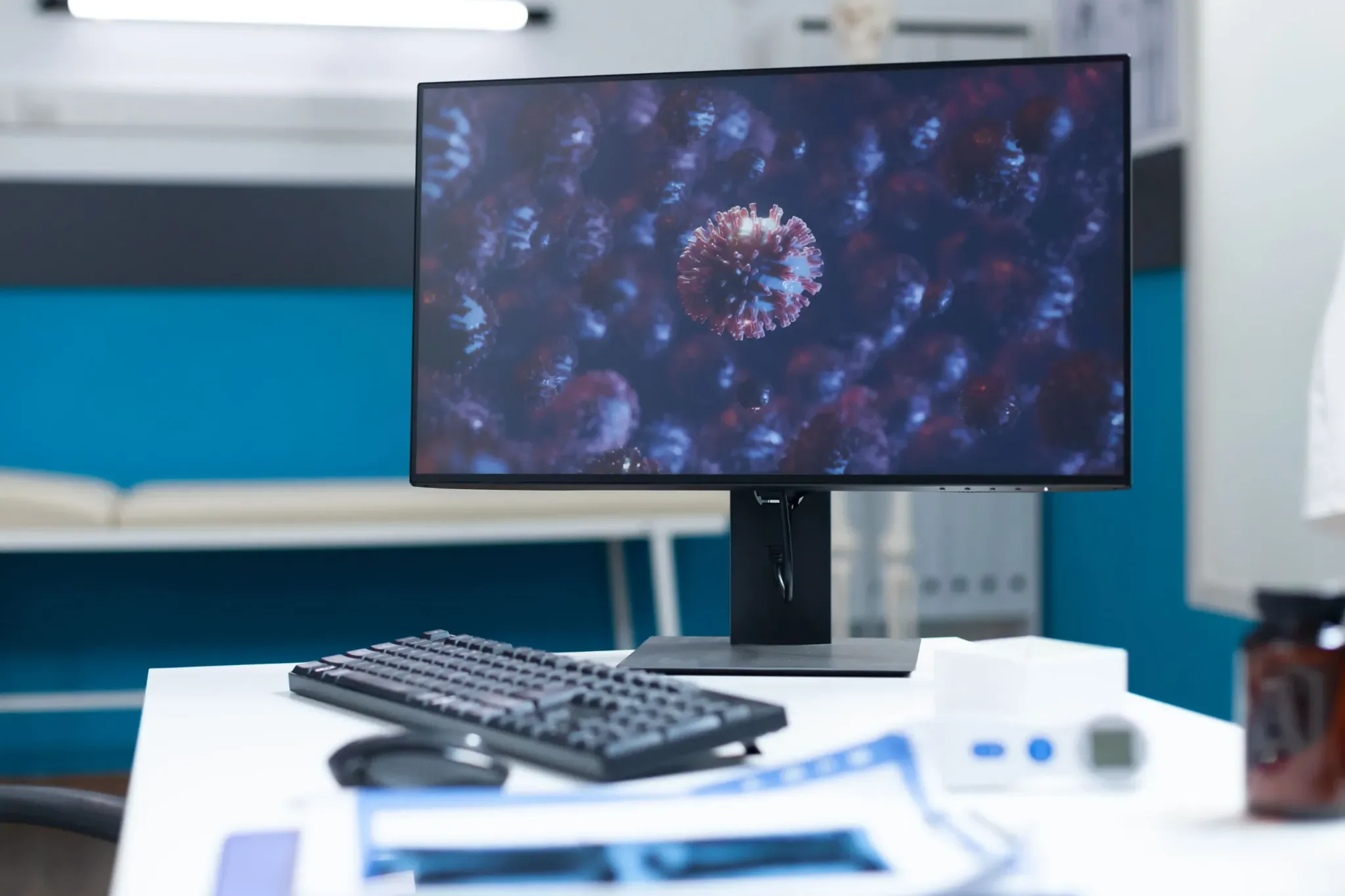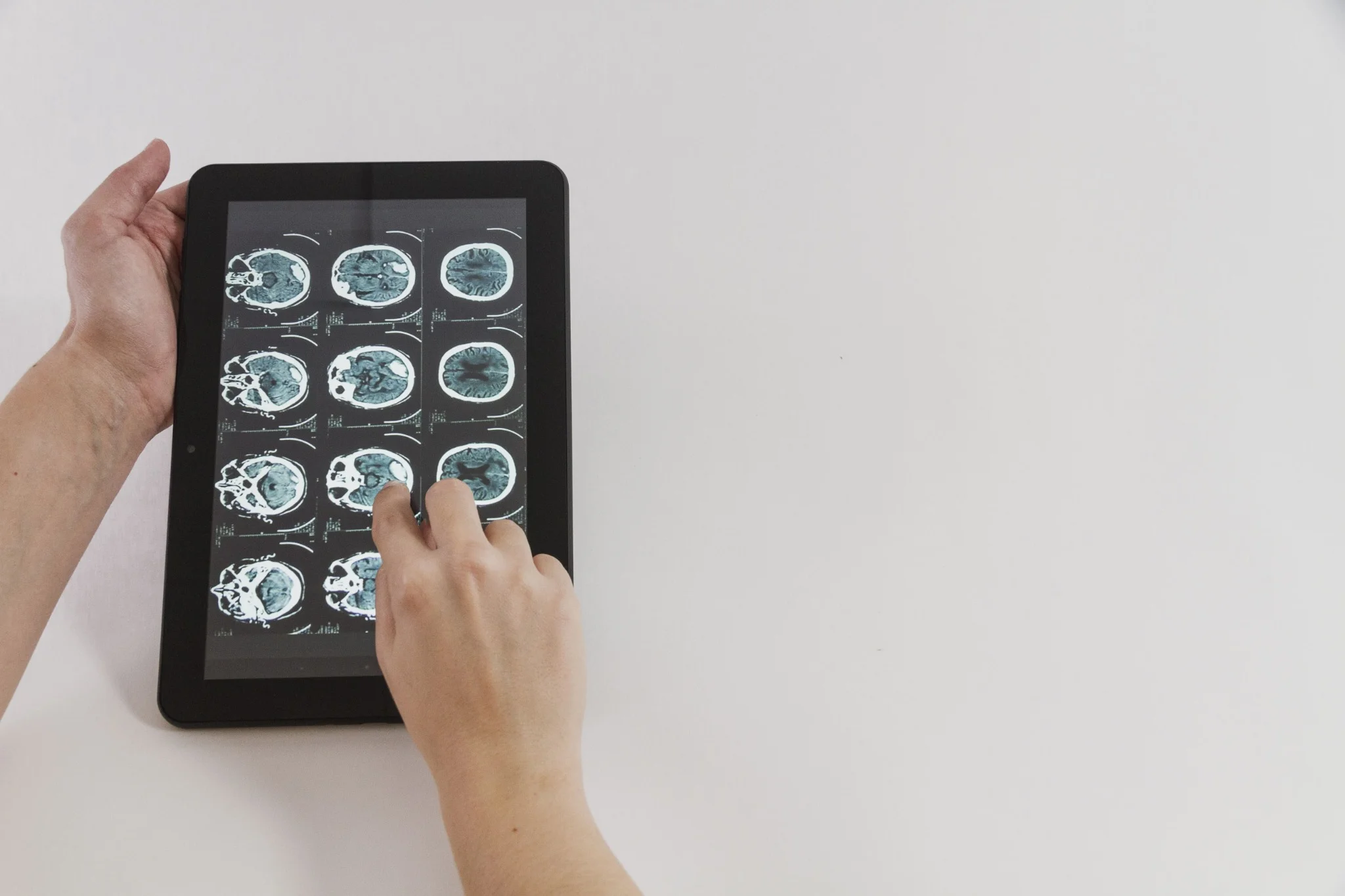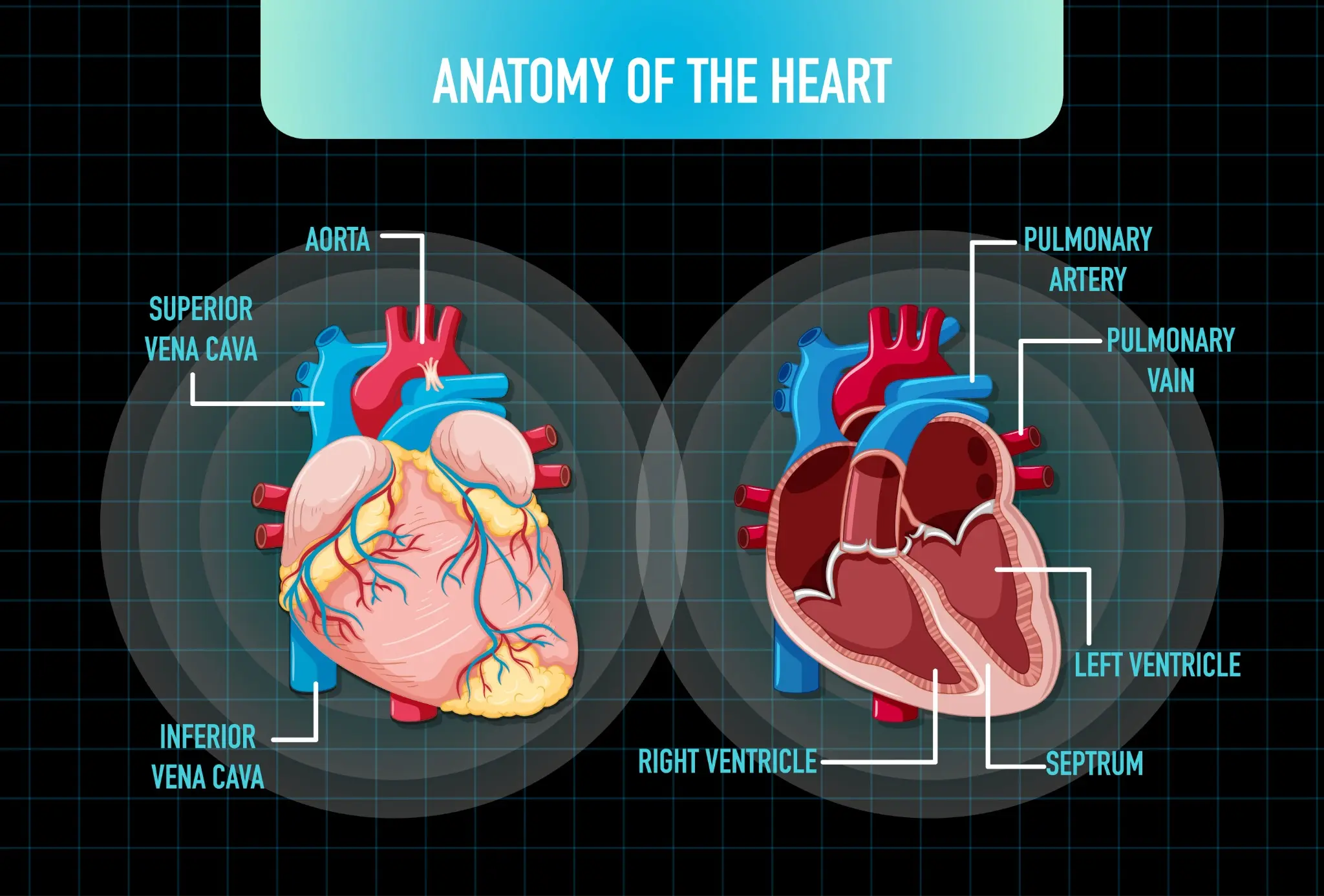Allergy - Spices Panel
Also known as: Allergy Panel - Spices
Spice Allergy Panel Overview
An allergy is a hypersensitivity disorder of the immune system that causes undesirable reactions to certain substances like food, dust, pollen, drugs or even animal dander. The Allergy - Spices Panel is a blood test designed to identify potential allergies to a specific group of common culinary spices. It measures the immune system's reaction (specifically IgE antibodies) to these spices. This test helps diagnose allergies to spices if you experience symptoms like hives, itching, swelling, respiratory problems, or digestive issues after consuming them. The panel includes tests for individual spices like basil, black pepper, cardamom, chili pepper, clove, coriander, and mustard, along with a total IgE level to assess overall allergic tendencies.
The Allergy Spices Panel is a specialised blood test that detects allergies to common culinary spices. It measures the immune system’s response by assessing levels of Immunoglobulin E (IgE) antibodies to spices like basil, black pepper, cardamom, chilli pepper, clove, coriander, and mustard. This test is vital for those who show allergic symptoms after eating spicy dishes.
By identifying specific IgE antibodies, the test accurately diagnoses spice allergies, aiding in managing reactions and avoiding allergens. Results, alongside clinical symptoms and history, help doctors create effective treatment plans for those with spice sensitivities.
Reasons for Undergoing the Allergy - Spices Panel
There are several key reasons why your doctor may recommend the Allergy Spices Panel test:
- Identifying specific spices that trigger allergic reactions, such as hives, itching, swelling, and respiratory or digestive issues.
- Diagnosing and managing food allergies linked to commonly used culinary spices.
- Helping individuals avoid spice allergens that may cause reactions, from mild to potentially severe anaphylaxis.
List of Parameters Considered During the Allergy - Spices Panel
The Allergy Spices Panel test measures the following parameters to assess spice allergies:
- Specific IgE Antibodies: The test measures the levels of IgE antibodies specific to each spice included in the panel, such as basil, black pepper, cardamom, chilli pepper, clove, coriander, and mustard. Elevated levels of these antibodies indicate an allergic response to the respective spice.
- Total IgE Level: The overall level of IgE antibodies in the blood is measured to assess the individual's general allergic tendencies. High total IgE levels suggest a heightened immune response and increased likelihood of allergies.
Allergy - Spices Panel Preparation
Preparing for the Spice Allergy test is straightforward and requires minimal effort:
- No Specific Preparations: Usually, no special preparations or dietary changes are needed unless your doctor advises otherwise.
- Continue Normal Diet and Lifestyle: Maintain your regular diet and lifestyle habits before the test.
- Inform Your Doctor: Tell your doctor about any medications you are taking, as some, like antihistamines, may need to be paused to ensure accurate results.
Allergy - Spices Panel Results & Interpretation
The results of the Spice Allergy test are interpreted as follows:
- Positive Result: Elevated levels of specific IgE antibodies against a particular spice indicate an allergy to that spice. A positive result confirms the presence of a spice allergy.
- Negative Result: Low or undetectable levels of specific IgE antibodies suggest the absence of an allergy to the tested spice. However, if symptoms persist, further testing may be necessary for a comprehensive diagnosis.
Clinical Correlation: The test results should be correlated with the individual's clinical symptoms, medical history, and environmental factors to ensure an accurate diagnosis and appropriate treatment plan.
Home Collection for Allergy - Spices Panel Near You
Metropolis Healthcare provides a convenient home collection service for the Allergy Spices Panel test. A trained phlebotomist will visit your home to collect the necessary blood sample, ensuring both comfort and safety. This service maintains the highest standards of sample handling and testing accuracy, offering reliable results.
With timely and precise reports, you can effectively manage your spice allergies. Opting for this home collection service lets you prioritise your health conveniently.
Allergy Panel - Spices Price
Metropolis Healthcare is a leading diagnostics centre and pathology lab in India equipped with the latest state-of-the-art technologies that provides the Allergy Panel - Spices with a clear pricing structure.
The Allergy Panel - Spices Price in Amritsar is ₹ 5,990 .
We are committed to deliver accurate and quality results from the best labs in India with complete transparency regarding test cost and turnaround time. No matter where you are, we strive to offer patients high-quality service that is affordable and accessible.
Frequently Asked Questions
Spice allergy test is done for suspected allergies due to spices used in cooking to determine the exact source causing it (allergen).
Spice allergy test measures the IgE-mediated response to 7 commonly used spices for cooking:
- Basil (Tulsi/Ocimum Basilicum)
- Black Pepper (Piper Nigrum)
- Cardamon (Elettaria Cardamomum)
- Chilipepper (Capsicum Frutescens)
- Clove (Syzygium Aromaticum)
- Coriander (Coriandrum Sativum)
- Mustard (Brassica/Sinapis Spp.)
Total IgE levels are also measured.
Spice allergy test requires a blood sample post exposure to the allergens. A tourniquet (elastic) band is placed tightly on the upper arm. The patient is then asked to make a fist. This helps in the build-up of blood filling the veins. The skin is disinfected before needle insertion and the blood sample is collected in vacutainer.
Positive result to an allergen indicates that the person is allergic to it. Increased allergen-specific IgE levels further confirms that. Very often the test may be positive for more than one allergen as well. The further treatment course is decided based on the results. Based on the symptom, age, environmental allergens, and region wise allergens further testing may be required for specific diagnosis. Negative result may require other tests for differential diagnosis.
The following symptoms are noticed in a spice allergy:
- Diarrhea
- Hives
- Anaphylaxis
- Upset stomach
- Bloating
- Nausea
- Swollen lips
- Shortness of breath
The treatment for a spice allergy is the same as that for a food allergy. In the case of a severe reaction, doctors may prescribe injectable epinephrine and antihistamines which can significantly alleviate immediate symptoms. For contact dermatitis induced by spices, doctors may recommend topical corticosteroids. However, the best treatment for spice allergy is to avoid contact with or exposure to the allergen(s).
A spice allergy can be easily diagnosed with blood tests. If the results turn out to be positive, it is best to avoid the allergens.
Celery, garlic, cinnamon, sesame, turmeric, onion and mustard are the most allergens when it comes to spice allergies; mustard allergy is the most common spice allergy. Black pepper and vanilla have also been linked to allergic reactions.
The Allergy Spices Panel is a blood test that identifies potential allergies to common culinary spices by measuring IgE antibodies. It helps diagnose allergies to spices like basil, black pepper, cardamom, chilli pepper, clove, coriander, and mustard, which are frequently used in Indian cuisine.
Yes, home sample collection is available for the Allergy Spices Panel test. To ensure your safety and comfort, a trained phlebotomist will come to your home to collect your blood sample.
Normal levels for the Allergy Spices Panel test typically indicate low or absent levels of specific IgE antibodies against the tested spices. Elevated levels suggest an allergy to one or more of the spices included in the panel.
The Allergy Spices Panel test is used to diagnose and manage allergies to specific spices. It helps individuals identify the spices causing their allergic reactions, avoid exposure to these allergens, and effectively manage their diet and overall health.
The frequency of the Spice Allergy test is determined by your doctor, taking into account your symptoms, medical history, and previous test results. Your doctor will advise you on how often you should get tested based on your individual needs.
There is no specific timing requirement for when to get the Allergy Spices Panel test done. The test is usually scheduled based on clinical necessity and your convenience, as advised by your healthcare provider.
Fasting is not required for the Allergy Spices Panel test. You should continue your normal diet and lifestyle habits unless otherwise advised by your doctor. However, it's essential to inform your doctor about any medications you are taking.
Before getting tested for the Allergy Spices Panel, inform your doctor about any medications you are taking, especially antihistamines, which might need to be temporarily stopped before the test to ensure accurate results. No other specific precautions are generally required.
The parameters included in the Allergy Spices Panel test are specific IgE antibodies against basil, black pepper, cardamom, chilli pepper, clove, coriander, and mustard. The test also measures the total IgE level to assess your overall allergic tendencies.
The Spice Allergy test should be done when you experience symptoms suggestive of a spice allergy after consuming certain spices. These symptoms may include hives, itching, swelling, respiratory problems, or digestive issues.
The Allergy Spices Panel test involves collecting a blood sample, which is a quick procedure. The actual testing process in the laboratory may take a few days, but the blood collection itself is relatively rapid and can be completed in a short visit.
The reports for the Allergy Spices Panel test are typically available within 48 hours based on the day/time of sample collection and processing. The exact turnaround time may vary depending on the lab's processing time and workload.
Ratings & Reviews (0)
Why Metropolis?
Metropolis has a team of 200 senior pathologists and over 2000 technicians delivering diagnostic solutions in the areas of routine, semi specialty and super specialty domains like Oncology, Neurology, Gynaecology, Nephrology and many more.
We offer a comprehensive range of 4000+ clinical laboratory tests and profiles, which are used for prediction, early detection, diagnostic screening, confirmation and/or monitoring of the disease.





















 WhatsApp
WhatsApp